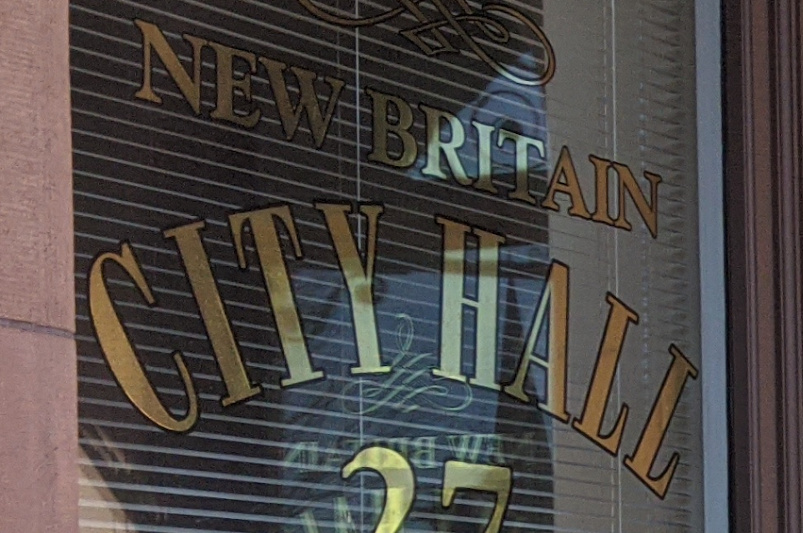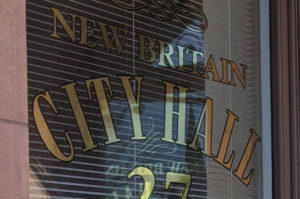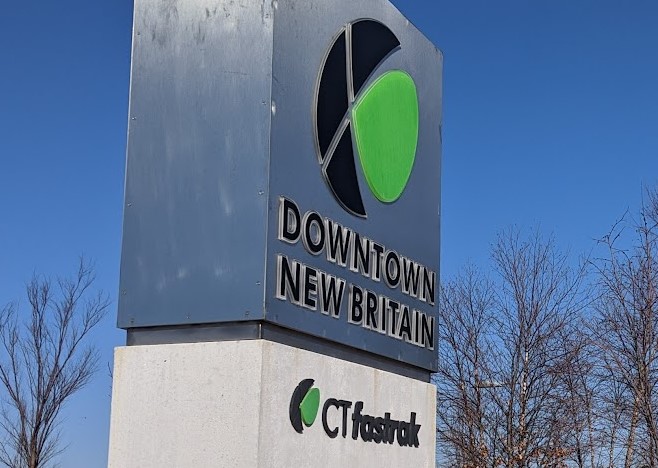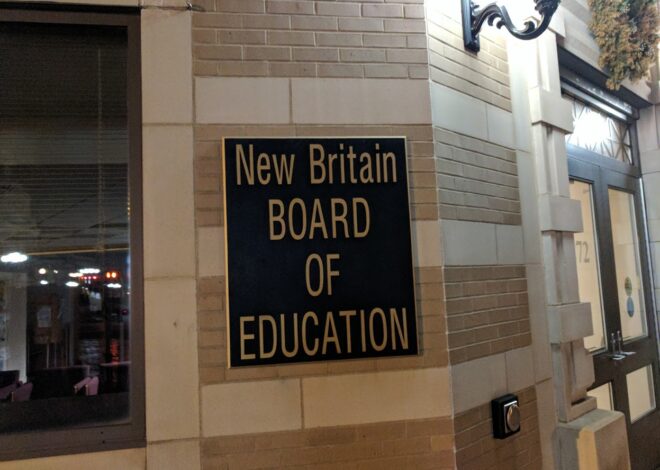
Referendum Question 3 Obscures Charter Change On Granting Pay Raises To Elected Officials, Accelerated Water Bill Payments
By John McNamara
Contributing Columnist
The Common Council’s Republican Caucus Leader, Daniel Salerno, likes to preach to citizens who speak at public participation that they ought to stay, not leave after speaking on an issue, to watch the councilors “make the sausage” on selling city assets cheap, adopting a new policy or making budget decisions.
Salerno’s invitation to stay carries with it a strong undertone of condescension: the implication being that he and his GOP caucus know more and care more than any of the
residents coming in to voice their concerns. When it comes to city charter change and one of the questions on November’s ballot, however, Salerno and his GOP caucus don’t want you to see the sausage being made at all.
City Hall Watch
Two of the three ballot questions are straightforward: Shall the terms of office for Mayor and Tax Collector go from two years to four years in 2017? Question 3, however, asks voters to adopt 11 separate changes. Not to worry, says Salerno, Q3 is only about “housekeeping” and”technical” alterations. There’s always the rarely noticed small print posted on the wall before going into the polling booth that you can read.
In an August 13th Sunday editorial, the New Britain Herald saw through the Stewart Administration- Salerno obfuscation for what it is. “And, if the question goes forth in its approved form, we can’t help but wonder what a voter who agrees with some of the changes but not others will do. Do voters swallow hard and say yes, ignoring objections to some proposals? Or do they vote down all of the changes, rather than approve one they find objectionable? Alderman Emmanuel Sanchez pointed out this very dilemma before he cast a dissenting vote.”
Concerns expressed in the editorial are justified. Question 3 is a menu of alterations to the city’s governing document. True. Some are technical and minor. The Board of Public Works, for example, is sensibly put back in the charter when the last charter change removed it. In succeeding years the Council has had to re-establish public works and building commissions by ordinance because the last charter referendum eliminated all but six commissions.
Another change proposes that municipal budgets are to be posted on the city website and published within seven days. This guarantees sunshine in the age of the internet when the city’s website is often weeks and months behind in posting public information. It does, however, change the publication in a newspaper from four to seven days — a penny-wise and pound foolish move designed to extract minor savings but that may leave daily newspapers out.
Other elements of Question 3 are redundant and pertain to mayoral and tax collector terms already covered in Questions 1 and 2. Arguably they don’t need to be included at all but are loaded onto the ballot question when the issue has already been addressed.
Of greater concern are changes that are fraught with financial implications for taxpayers and practices at City Hall that deserve to stand on their own.
All are buried within one broad question: “Shall the City Charter be amended to make changes to conform to state statutes and make technical, administrative and other changes and clarifications?”
On closer examination certain amendments beg for more information for voters to make anything approaching an informed decision on them. Unfortunately that information is even absent in the explanatory text provided by the Town and City Clerk that voters headed to the polls to vote for President aren’t likely to ever see anyway.
By way of examples here are several key amendments to the current charter:
- One fine print change allows the Common Council to “review, establish, and act upon rates of compensation for elected officials in every even-numbered year. This would replace the current ordinance that establishes a Council compensation committee to periodically review salaries of the Mayor and other elected officials and that would revise compensation in the next elected term.
- Another amendment allows pensions for certain elected officials by revising the definition of an elected official to include a person who was appointed by the Common Council to fill a vacancy between elections.
- Two additional amendments empower the Board of Water Commissioners to change the billing cycle from semi-annually to monthly or quarterly payable within 30 days and to add 1.5% per month interest charges on delinquent bills. Arguably the Mayor and Council who should be responsible for approving changes are apparently taken off the hook when accelerating payments and charging interest are mandated in the charter. Voters need to be informed about what’s in place now and the issue deserves to stand on its own in a ballot question.
Provisions that relate to the compensation of elected officials, the granting of public pensions and the manner and method of how citizens pay their water bills, among other issues, are all fair game when it comes to revising the City Charter. But they constitute more than “technicalities” and “conformance” to state statutes. They should have been put on the ballot with greater clarity — a clarity that will be missing on the November 8th ballot when you get to Question 3.
This column was originally posted on NBPoliticus.




